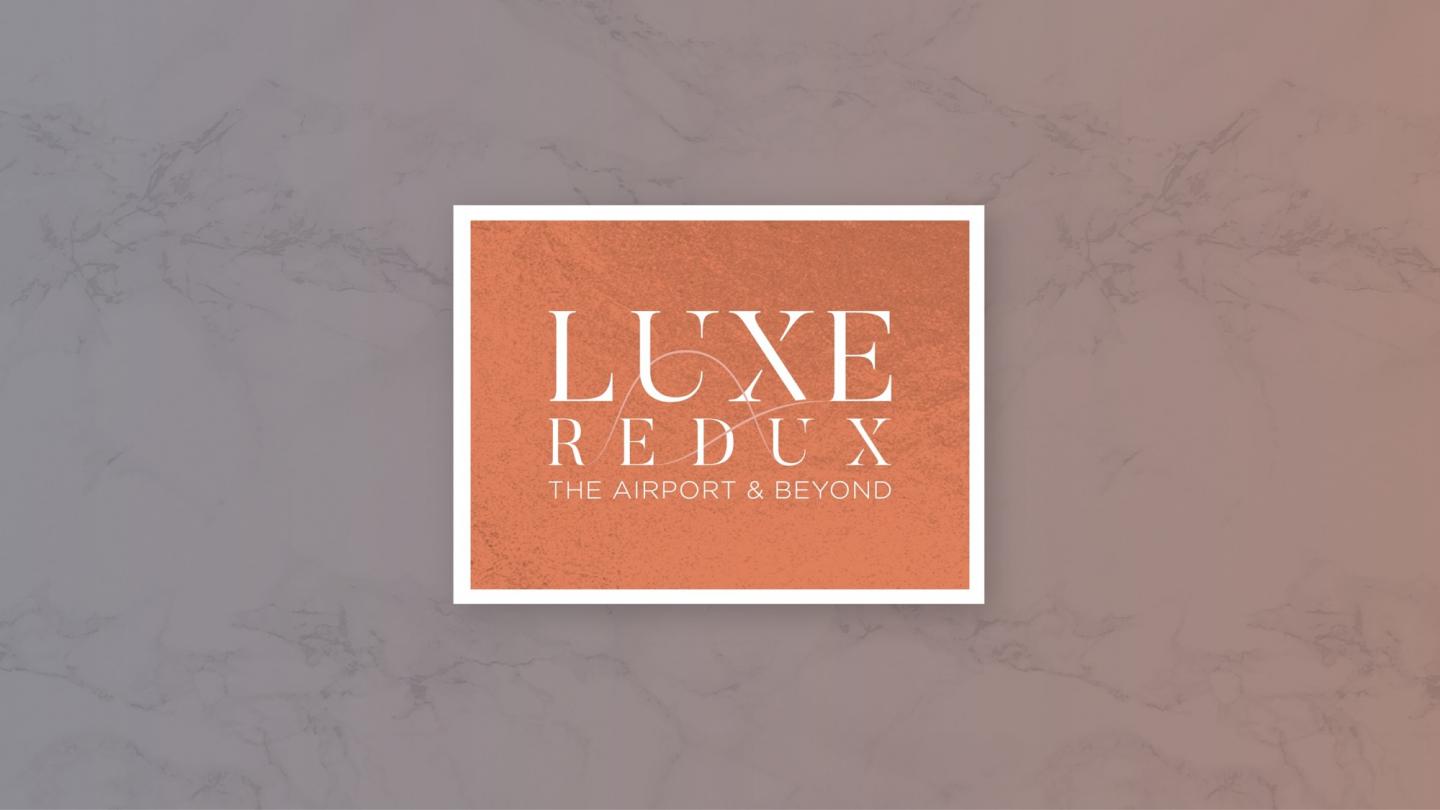The recent findings in the Global Shopper Connections2 study by JCDecaux OneWorld, the international division of JCDecaux, revealed the shopping habits of international travellers within all environments, both during their trips and in their everyday life. Following on from the findings, JCDecaux UK broadened the focus on the effects of Luxury airport advertising beyond the airport with the recent study Luxe Redux. The study revealed that Luxury advertising at the airport influences not only airport shopping and long-term brand perceptions but can also reflect the goals of consumers. In this instalment, we hone in on the findings focusing on the psychology of Luxury shoppers.
 Lux Redux explores the perceptions of Luxury advertising and its effects beyond the airport
Lux Redux explores the perceptions of Luxury advertising and its effects beyond the airport
 Guerlain, Paris Orly Airport
Guerlain, Paris Orly Airport
 Brioni, Beijing Airport
Brioni, Beijing Airport
The power of advertising and its connection to Luxury presents a great opportunity for these brands to target affluent audience who are in the right mindset to embrace brand messages and who have the material conditions to enjoy high-end products.
Today, air travel and luxury shopping go hand in hand. Both induce the feelings of happiness and excitement. The positive and sometimes even impulsive mindset during a trip coincides with the perception of a Luxury purchase as a treat. Prada, Dubai Airport
This coincidence is further highlighted when asking about shopping habits of airport passengers. 75% of the Lux Redux audience admit to buying Luxury items and are actively thinking about Luxury shopping opportunities, with an impressive 89% also looking to maintain or increase their amount of Luxury spending.
Prada, Dubai Airport
This coincidence is further highlighted when asking about shopping habits of airport passengers. 75% of the Lux Redux audience admit to buying Luxury items and are actively thinking about Luxury shopping opportunities, with an impressive 89% also looking to maintain or increase their amount of Luxury spending.
But the most successful Luxury advertisers understand that they are selling a lifestyle that aligns with their audiences’ aspirations. By tuning into the needs of existing and potential consumers, luxury advertising, whether at the airport or beyond, does more than benefit from a receptive audience. It is paramount to reaffirming brand perceptions in the long-run and building associations between brands and a lifestyle.

Luxury and ‘me time’
What does Luxury mean to the individual? The The Meaning of Luxury by BDRC Continental identified three key aspects, which link the subconscious mind to Luxury ownership: Time, Freedom and Personal Expression. All three have a personal element to them. The results of the Lux Redux study seem to support the idea that Luxury often means a personal experience for people, a treat. The study underlines a consensus among the audiences regarding associations with Luxury with 70% associating Luxury with ‘leisure time’, ‘having personal time’ and ‘indulgence’.
Luxury appeals to the aspirational mindset
According to YouGov Affluent Survey 2017, consumers search for brands that satisfy their underlying emotional needs of success, privilege and exclusive ownership. The results of the Lux Redux study also reinforce the same personal motivations behind Luxury Shopping. The study highlights that when peoples shop for Luxury they are principally driven by the feelings of success (61%), privilege (58%) and exclusivity (57%). It appears that Luxury offers more than just material satisfaction; for many, it also offers a feeling of success and reinforces their individual goals.
Beyond the environment
A trend emerges when looking at Luxury perceptions and people’s activities side by side. The study reveals that 73% of respondents ‘like to treat themselves/indulge at the airport’ and 70% ‘expect to see Luxury brands advertised at the airport’. The connection between the three themes revolving around indulgent leisure time and travel is palpable.The power of advertising and its connection to Luxury presents a great opportunity for these brands to target affluent audience who are in the right mindset to embrace brand messages and who have the material conditions to enjoy high-end products.
Today, air travel and luxury shopping go hand in hand. Both induce the feelings of happiness and excitement. The positive and sometimes even impulsive mindset during a trip coincides with the perception of a Luxury purchase as a treat.

But the most successful Luxury advertisers understand that they are selling a lifestyle that aligns with their audiences’ aspirations. By tuning into the needs of existing and potential consumers, luxury advertising, whether at the airport or beyond, does more than benefit from a receptive audience. It is paramount to reaffirming brand perceptions in the long-run and building associations between brands and a lifestyle.
